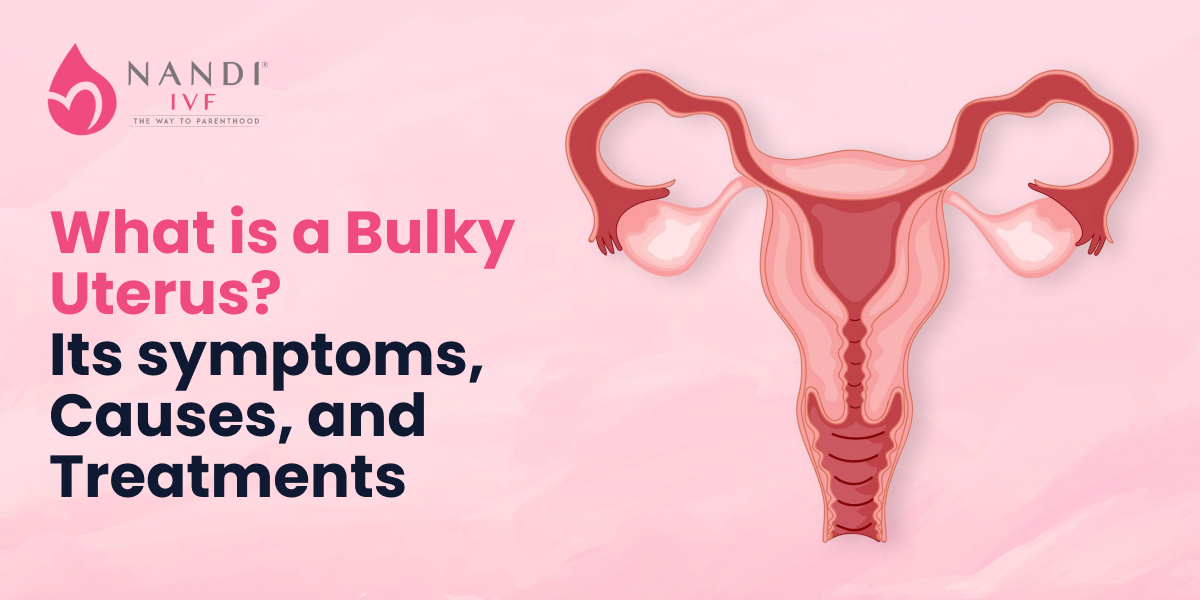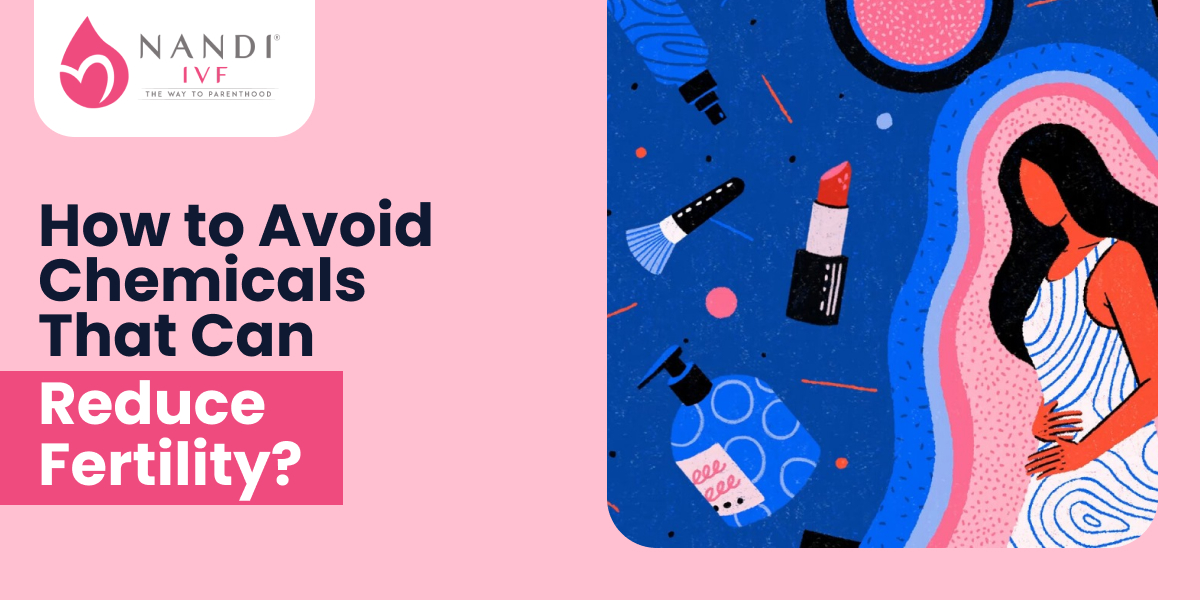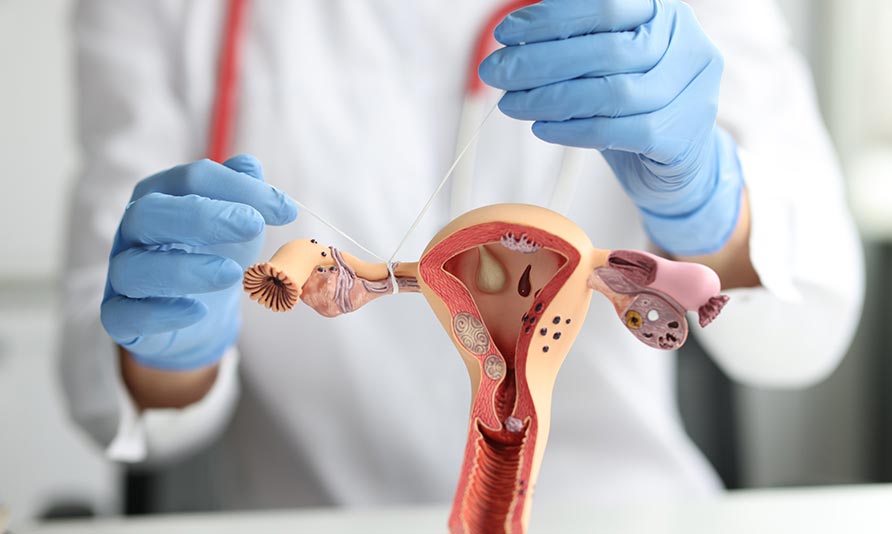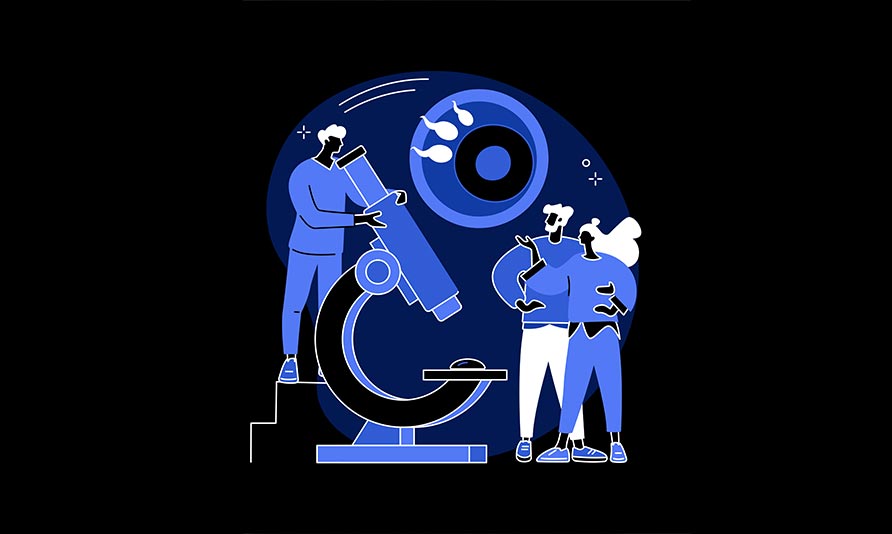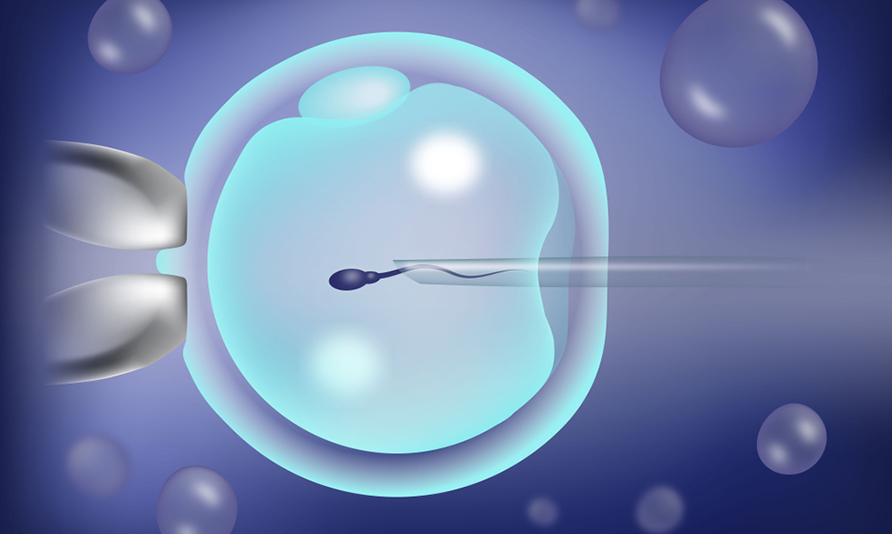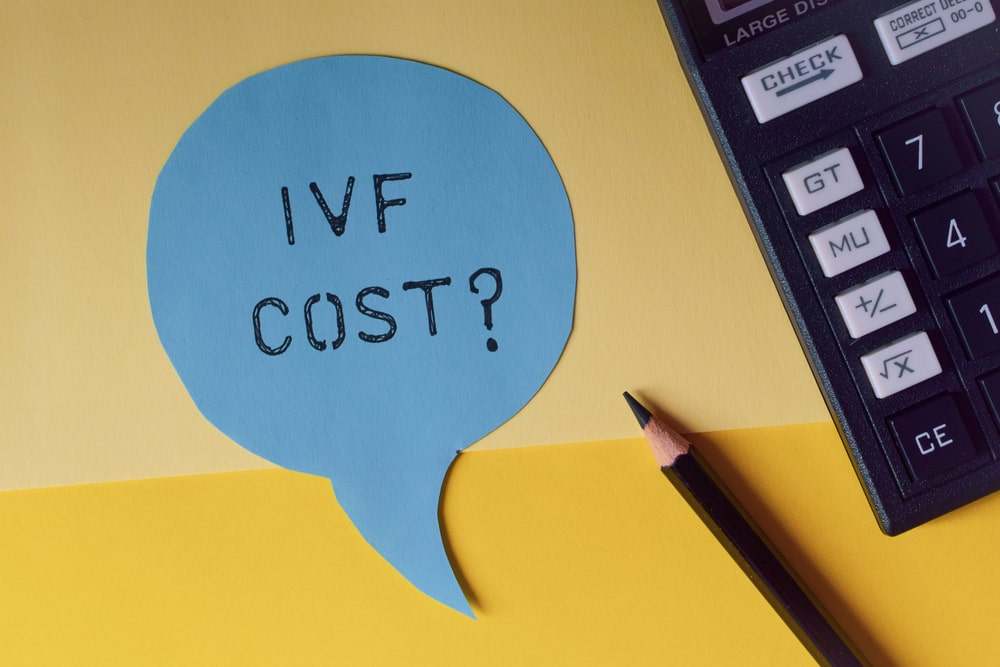Assisted reproductive technologies have become a safe and popular method to help couples conceive and have a lovely family. It allows people with reproductive issues to get the necessary help and have healthy children. IVF, or In Vitro Fertilization, is the most common and productive among these technologies.
In the process, the embryo or egg is developed outside the body and then inserted into the womb. If you are also facing reproductive problems, consult an IVF specialist in Delhi now.
What is IVF?
In Vitro Fertilization allows the growth of an embryo outside the mother’s body, which is further implanted in the womb. It involves several steps, which can take months to complete. Also, the female has to take medications to induce fertilization and retrieve mature eggs.
- In vitro fertilization is an ART or assisted reproductive technology that helps couples conceive a healthy embryo.
- The sperm can be from the male parent or a donor. If the sperm shows low motility, it can be injected directly into the egg.
- IVF is among the most prevalent techniques with a higher success rate. However, the results and effectiveness depend on age, health issues, etc.
Finding the best IVF clinic in Delhi is essential to increase the possibility and have expert consultations.
Who should opt for IVF?
An experienced IVF doctor in Delhi can conduct several tests to analyze if the couple is a good candidate for IVF. Generally, people with the following conditions should opt for an IVF treatment:
- Blocked fallopian tubes: The egg travels through the fallopian tubes every month to reach the uterus. However, the tubes can get blocked due to genital TB, ruptured ectopic pregnancy surgery, etc. In such a scenario, IVF is an effective option for conceiving and having a child.
- Problem with semen: Abnormality in semen analysis can be another reason the candidate should undergo an IVF treatment. Morphology defects or motility of less than 30% can be factors that affect pregnancy.
- Unexplained infertility: There might also be cases where the couple has normal reports but can still not conceive a child. Also, if they cannot get pregnant after two years or six to twelve Intrauterine insemination(IUI) cycles, going to an IVF specialist in Delhi would be helpful.
- Severe endometriosis: Severe endometriosis can cause adhesions, which affect the normal functioning of reproductive organs. It also leads to slower embryo growth and can lead to blocked fallopian tubes in the woman.
- Low Anti-Mullerian hormone(AMH): The egg reserves in a woman can decrease over time and age. It often happens due to delays in pregnancy planning, which can make it difficult to conceive a child. In such cases, the couple should seek the best IVF in Delhi to increase their possibility of pregnancy and have a healthy family.
- Genetic disorders: Genetic disorders in parents can be passed down to the child, such as Down’s syndrome, Cystic Fibrosis, etc. Through IVF, the embryo can be tested for such abnormalities before it leads to a pregnancy. The incidences can be reduced, and it is a great option for couples with genetic disorders to have a healthy child.
- Ovarian surgeries: Ovarian surgeries can reduce the reserves and lead to a Low probability of conceiving. Couples should consider IVF treatments in such cases.
Couples with such conditions should seek an IVF specialist in Delhi to find the best solutions for a healthy pregnancy.
Read Also: Exploring IUI vs IVF: Which Fertility Procedure is Right for You?
Cost of IVF
IVF treatment is a safe and effective way for couples to experience parenthood and create their family. One should know IVF costs in Delhi before beginning the process to understand how much they will spend.
Basic IVF treatment:
The basic IVF treatment Cost includes all the costs incurred in testing, diagnosis, and medications of the IVF process. It starts from ₹80,000 and is a primary procedure for couples to conceive. It is essential to consult an IVF specialist in Delhi to understand which plan will be successful depending on the couple’s age, health problems, and fertility.
IVF with frozen embryo transfer (FET):
Specialists can freeze the fertilized embryos for future use. However, studies show better implantation, live birth rates, and lower miscarriage and ectopic pregnancy rates using frozen embryos. FET is useful when the egg quality is lower for a healthy pregnancy in the female. IVF cost in Delhi with frozen embryo transfer is from INR 1,50,000 to INR 3,00,000 or more..
IVF with Intracytoplasmic sperm injection (ICSI):
IVF treatment with ICSI is useful in cases of male infertility with low sperm count, poor motility, or morphology. Also, if they have already done IVF with low fertilization results, ICSI can increase the possibility of pregnancy.
The costs start from INR 1,90,000 to INR 3,50,000 or more in Delhi.
IVF with donor eggs:
Some women may be unable to ovulate due to blocked or damaged tubes, sterilization, or other health conditions. Thus, they cannot have mature eggs used for fertilization in the IVF process. However, after consulting with an IVF specialist in Delhi, the couple can use donor eggs. They help select the suitable option for the couple, allowing them to conceive and experience parenthood. The IVF cost in Delhi with donor eggs starts from INR 1,70,000 to 4,50,000 or more.
IVF with embryo donation:
Specialists usually freeze multiple couples’ embryos to increase the chances of pregnancy and IVF cycles. However, women can donate the fertilized embryo if they succeed initially. It helps another couple to experience pregnancy and is similar to adopting a child. IVF with embryo donation starts from ₹40,000.
IVF with sperm donation:
When the IVF specialists cannot retrieve the semen even after using multiple methods, the couple can use donor sperm for fertilization. It helps in a higher pregnancy chance, and the couple can conceive easily. IVF cost in Delhi with donor sperm starts from INR 90,000 to 2,50,000 or more.
IVF with preimplantation genetic diagnosis/screening:
Parents with genetic disorders can screen the embryos to diagnose genetic disorders before implantation. It helps reduce the chances of diseases and ensures the child is healthy. This process can cost around ₹1.4 Lakhs to ₹2.5 Lakhs.
A couple should know these costs and understand how much they’ll need for the IVF treatment. It is necessary to consult the best IVF clinic in Delhi to decide which process will be the best to ensure higher chances of a pregnancy and a healthy child.
For Estimated Cost of IVF in Delhi Visit the Below Link
IVF Treatment Cost In Delhi
IVF process
It’s important to understand the IVF process that will be followed once you opt for the procedure. It will help prepare and know how you will conceive a child. These steps are followed:
- The initial step involves ovulation induction, where the female has to take several medications over a few months to produce mature eggs ready for fertilization. Female fertility and egg reserves play an essential part in this step.
- Regular blood tests and ultrasounds track egg development and hormone levels.
- The next step is egg retrieval when there are enough mature eggs. It is a minor surgical process where the doctor removes the mature eggs.
- The specialist puts a thin and hollow tube in the ovary and follicles through the vagina, using an ultrasound to see inside. The suction device at the end of the tube pulls out the eggs.
- The next step is insemination, where the eggs and sperm are stored together for fertilization. Sperms with lower motility may have to be injected into the eggs directly for a higher fertilization rate.
- After a few days, the doctor uses a thin tube to enter the uterus through the cervix to put one or more embryos into the uterus.
Pregnancy is successful if the embryo attaches to the uterus lining. A woman may also have to take progesterone for the first few weeks after the pregnancy. It ensures that the embryo survives easily and leads to a healthy pregnancy.
IVF benefits
It is essential to learn about the benefits of the process before opting for it. Initially, ensure that you consult an IVF specialist in Delhi for the process who suggests the best measures. Learn about the following benefits:
- IVF is successful where other reproductive methods, such as medications or intrauterine insemination, fail. Also, severe infertility issues or fallopian tube blockages have a success rate with IVF.
- Couples can use donated eggs, sperm, or embryos in IVF. It allows them to experience parenthood despite any health issues.
- IVF allows parents to have a healthy child as they can screen for any genetic problems that may lead to diseases.
- People can control when they want to have children, as they can freeze the eggs or embryos for future use.
- IVF can lower the chances of miscarriages in women by detecting the embryo’s viability. So, the woman doesn’t have to go through the mentally disturbing face she faces after miscarriage.
These benefits of the IVF process are highly useful for couples facing fertility issues. Consult an IVF specialist in Delhi and begin your diagnosis to have a healthy and happy pregnancy.
Embarking on your journey towards parenthood can be overwhelming, but you don’t have to do it alone. Nandi IVF Centre in Delhi is committed to providing expert guidance and assistance to help you along the way. As one of the leading IVF clinics in Delhi, Nandi IVF offers a comprehensive range of fertility treatments at affordable prices, making them accessible to everyone who dreams of starting a family.


